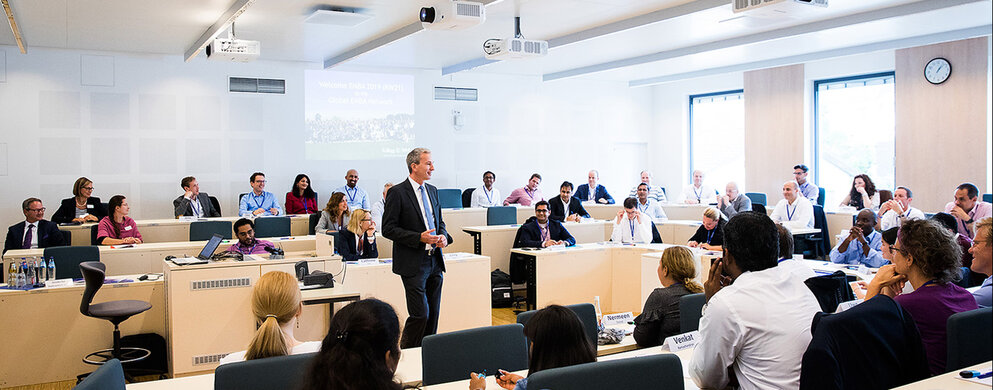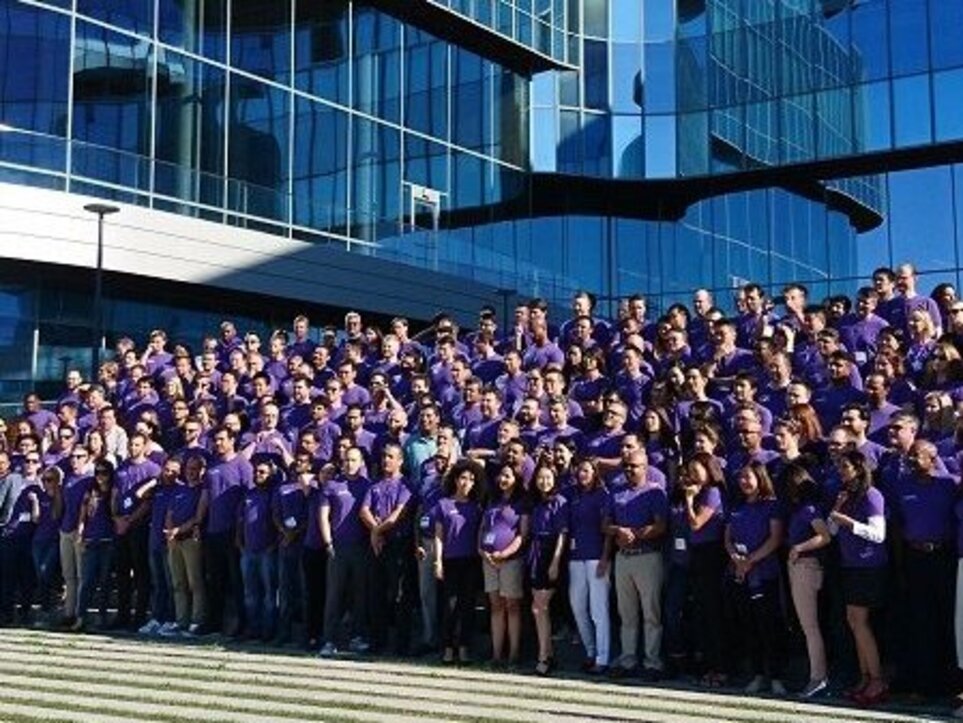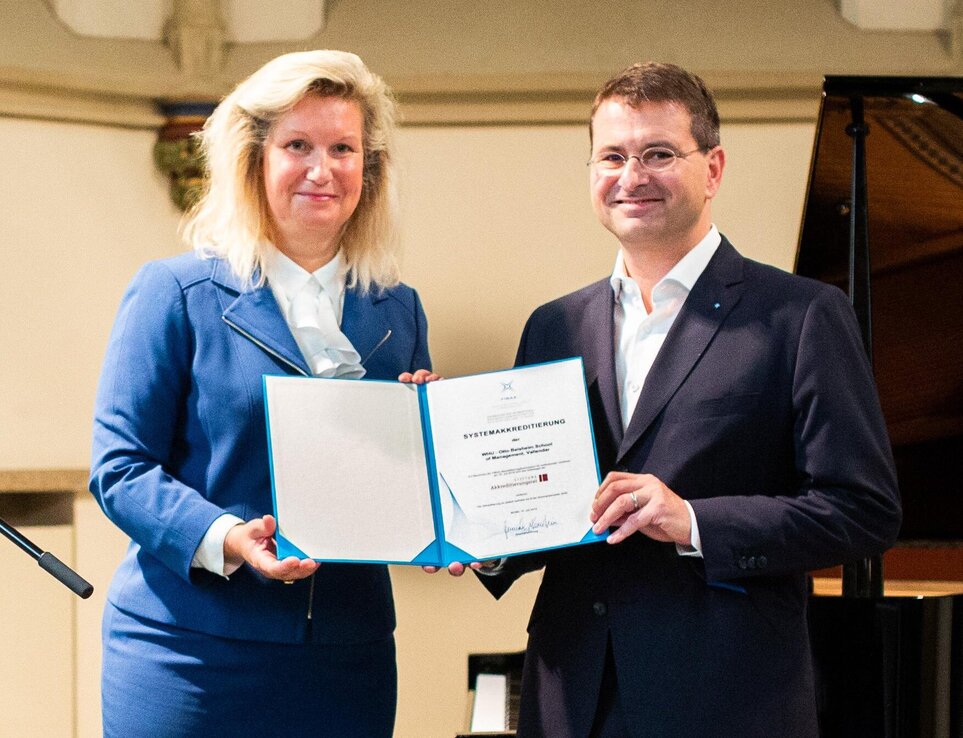Comparing EMBA programs in Germany

Universities with EMBA Programs
There are currently 37 programs in Germany that offer the Executive MBA. However, the quality, areas of concentration, fee structure, and content of the various degree programs differ immensely. A cursory glance is not enough to recognize significant differences. Please also inform yourself about our Executive MBA at Kellogg WHU

Specialized focus
Since the EMBA is geared exclusively toward experienced professionals in higher positions, you should ask yourself what advantages a specific field of concentration might offer. In most cases, the benefits are not particularly great. That is why most academic advisors recommend choosing a more generalized EMBA program. It often gives you flexibility professionally and increases the possibility of establishing a wider range of relevant international contacts during the course of your studies. Additionally, generalized EMBA programs usually have the corresponding accreditation – which isn’t the case with many specialized EMBAs, since they usually don’t meet the required standards and thus don’t qualify for accreditation through various agencies.

International focus
One of the standards that is invariably examined by the accreditation agencies is the international focus of the degree program. Thus, the international composition of the student body can be an important reference point for you as a candidate. Most business schools that meet these criteria or that actively promote internationality on campus emphasize this factor in their advertising – which also demonstrates the importance of this attribute. Internationality also makes it essential to have courses and modules in the program that are conducted in English. After all, this is a distinguishing feature of a program’s international focus.
Apart from this, you should also find out if the business school is part of a global network. The Kellogg-WHU Executive MBA is part of one of the largest, most immersive networks in the world. With students across seven campuses and several modules and fields trips abroad, the opportunities to connect and learn from different markets and peers across the globe is unparalleled.

Accreditations
You will also reach quick conclusions if you pay attention to the business school’s accreditation. What accreditations does it already possess? The accreditation itself is an important guarantee of quality assurance and a sign of the business school’s commitment to progress. Accreditations are also an important deciding factor for partner universities around the world. Since accreditation agencies and institutes are globally active – or at least globally oriented – they serve as an important reference point for a business school’s reputation. In other words, accreditations are an essential requirement for international partnerships. The number of accreditations makes little difference in terms of quality; the bigger question concerns which accreditation has been received, and when. After all, the longer a university has engaged in quality management, the more likely it is that the process is entrenched in the university’s structure and its approach to daily operations.

Program content/modules
If these easy-to-research criteria still leave you uncertain in your decision, or if you are having trouble deciding between two business schools, you can also take a closer look at the content of the program. Does it impart the knowledge and skills that you expect or need? In order to answer this question appropriately, you first have to be clear about where you currently are in your career path and what exactly you wish to achieve or which position you are striving to attain. Remember that an EMBA represents a huge challenge. You should know why you are taking on this challenge. Your clear goal can also help in deciding on a specific business school. Also, keep in mind that the EMBA programs and courses of study are structured differently from campus to campus. This might also play a significant role during your studies.

EMBA graduates and Alumni
If you are unsure about whether the program content meets your requirements or if you will obtain the knowledge and skills that you need, you should check with the graduates and alumni associations of the EMBA programs. Where did the programs’ graduates work before and after their studies? How did their salary or position improve? What experiences did they gain during the EMBA program? What conclusion did they reach about the degree program? Business schools frequently request feedback from their alumni about the university, typically in connection with an accreditation review or the school’s own quality assurance measures. Such feedback is commonly used for external marketing, with many universities using their graduates’ success as a promotional vehicle. This is something you can make use of too! When researching the right EMBA program, be sure to approach the decision with the intention of getting the most out of your studies.

